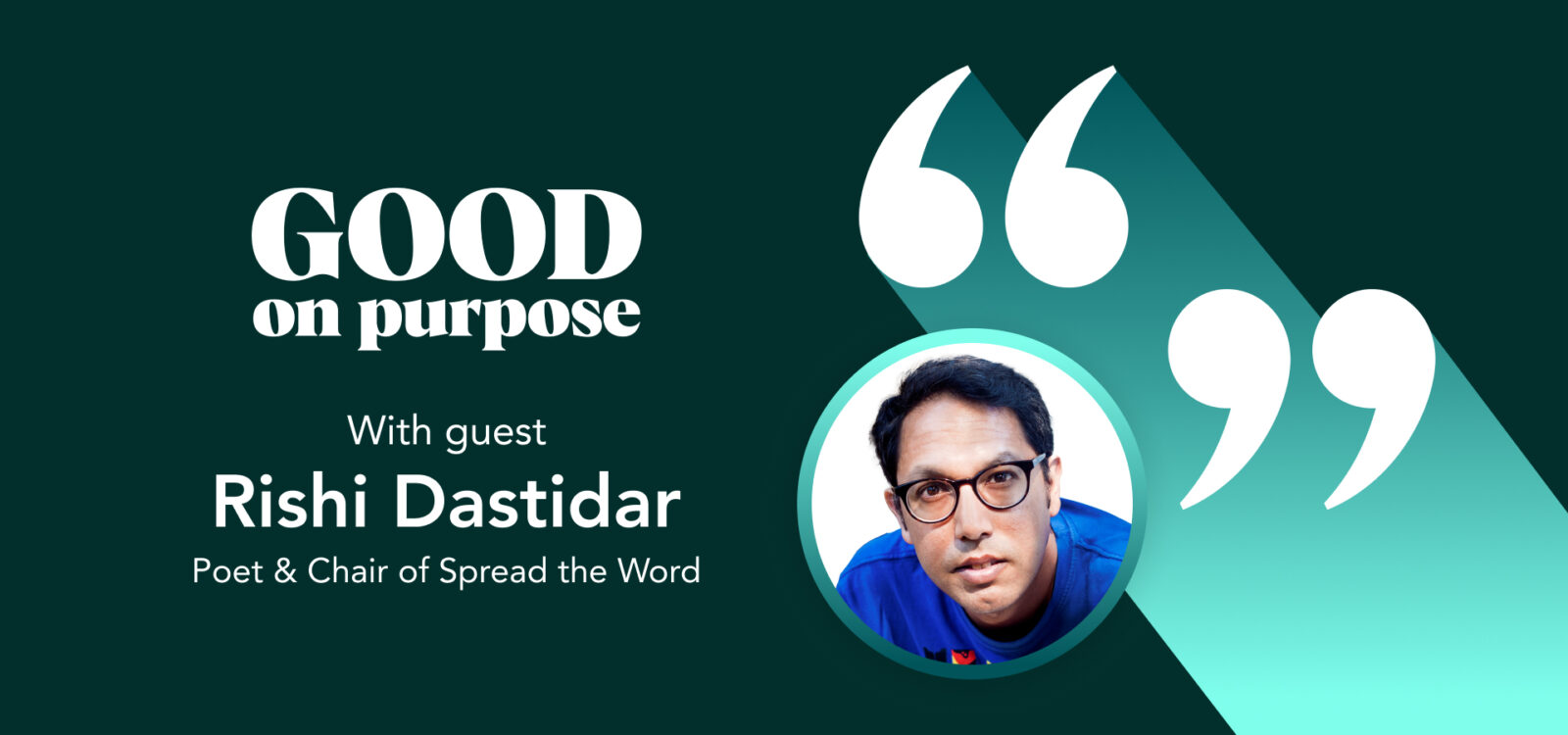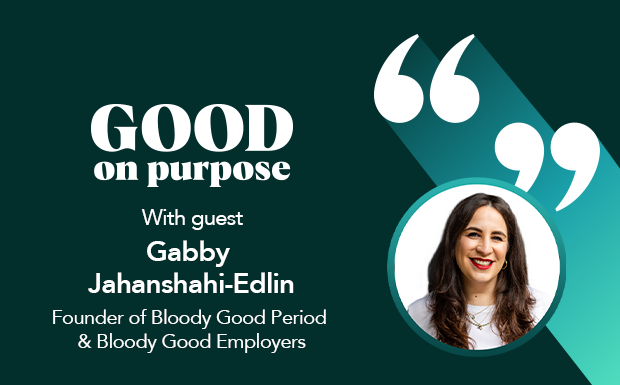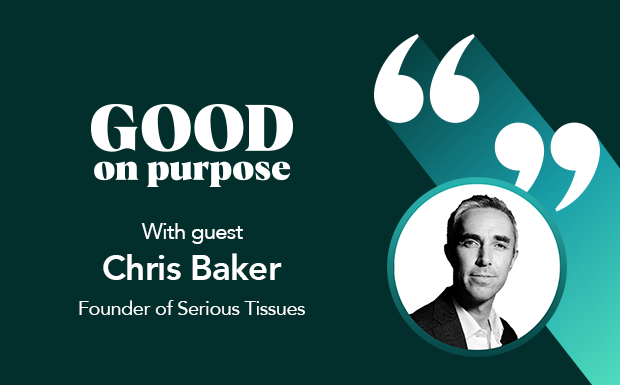
Rishi Dastidar on: How poetry can help us make sense of the world
This episode features Rishi Dastidar, a celebrated poet, copywriter, and arts activist. His debut poetry collection, Ticker Tape, was published to rave reviews, and his second anthology, Saffron Jack, is equally applauded. His poetry has been published by the Financial Times, the Tate Modern and the Southbank Centre amongst many others. You’ll also find him as chair of London’s leading writer development charity, Spread the Word, helping to create concrete opportunities for talented writers from diverse backgrounds previously under-represented in traditional publishing.
What it’s like being a poet in Great Britain today.
I try to be an evangelist for the arts and think that right now, it’s a great time to be writing, it’s a great time to be a poet. If you love the art form, you should look at it optimistically. There are so many ways to get to market, and there are many ways to get published now, including social media. There’s a wonderful explosion of people writing, new voices, established voices, and people bringing many different perspectives.
Regarding readers, there is a bedrock of people who love, need, value and cherish poetry, and it’s a core part of their life. And it’s a core part of how they engage with the world. That group of people is small. But when you ask people and dig into what they read, what they like, how they engage with literature, and how they engage with language more generally, you’ll find that poetry is there, it’s just that they don’t recognise it as poetry. And so, when you start to reframe it and recast your mind … you start to hear it everywhere.
Reconciling being a poet and a copywriter in the advertising world.
I made a radio 4 documentary a couple of years ago exploring that tension. In the process of doing that, it helped to clarify a lot of my thinking [concerning] why I keep doing this. There are a couple of reasons. One is that I have a very privileged vantage point into how markets, businesses and other institutions work. That provides a lot of interesting subject matter, a lot of interesting moments of inspiration as well. I also find that the language in which business is done is another point of inspiration. There is often lots of inspiration to be found in… business … and starting to unpick that. It says something important in our society.
The other thing that I’m very aware of is that historically, within the UK advertising and marketing industry, the presence of figures of colour, especially on the creative side has been relatively low. I feel that I have a degree of responsibility as well, having been a relatively senior copywriter for about 20 years, working with students, and mentoring students to show that it is possible to have a successful, long-lasting career within this field. As someone of second-generation heritage, growing up the idea that one might go into advertising was just not thought about and discussed. For me, true inclusion means breaking down many of those barriers, both imposed and self-imposed.
Why diversity in poetry is critical
It has gotten better over the last 10 to 15 years. In 2005, the Arts Council commissioned Bernardine Evaristo to conduct a report on why so few poets of colour were being published in the UK. The stunning findings in that report were that only 1% of poetry collections in the UK in 2005 were published by writers of colour – a jaw-dropping statistic. That led to a series of highly targeted developmental programmes to work with writers from underrepresented backgrounds that had historically been under-published, working on craft and guiding them into the industry. That programme, the Complete Works, has been highly successful. However, there are still other communities that have been left behind, that have not had the same access to that developmental work, and right now, it feels like that’s people from lower socio-economic backgrounds of all colours, and in particular, people who identify as deaf and disabled.
More broadly, I think we’ve reached a point now, where if you try and think about British poetry and try and claim that British poetry is solely the preserve of people who look like Keats, or look like Elliot or Plath, you are fundamentally miss-telling the story of what British poetry is. If your perspective of British poetry does not include poets like Linton Kwesi Johnson, Sarah Howe or Warsan Shire, you’re fundamentally not understanding how British poetry has developed over the last 25 years. You’re also fundamentally not understanding how Britain has developed over the last 25 years. [We must embed the idea that] to read poetry in Britain is to read a much richer and more diverse story.


